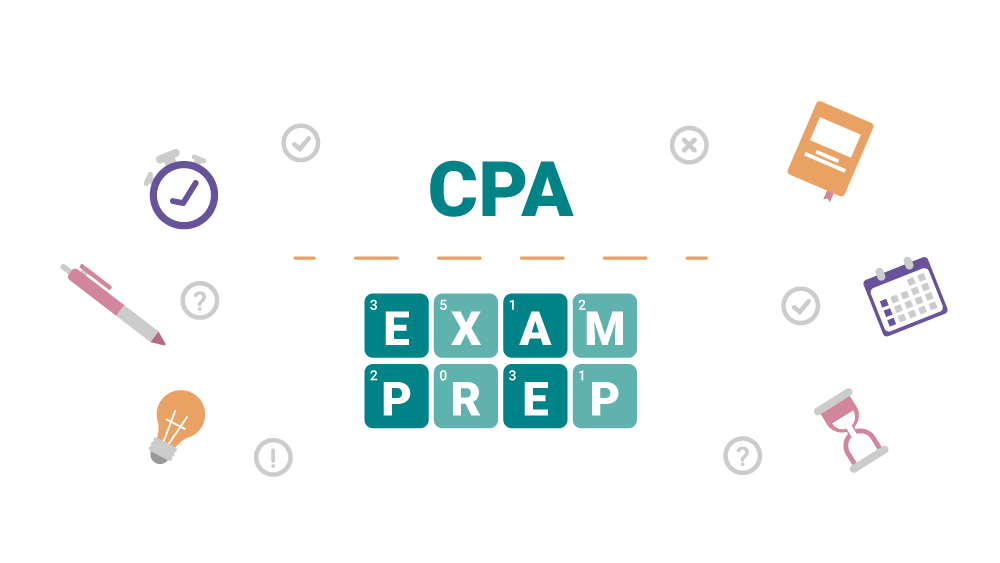If you decide to become an accredited investor, you will open up more investment opportunities than remaining a non-accredited investor. However, you will need to meet certain net worth and income guidelines to become an accredited investor.
When you become an accredited investor, you gain access to exclusive, loosely regulated, and complex investments. This may include investments, such as startups, leveraged buyouts, or hedge funds.
If you want to become an accredited investor you will need to gain the right knowledge, income, and net worth. Let’s look at the requirements and steps you can take to become an accredited investor.
Accredited Investor: The Basic Requirements
If you want to claim the status of an accredited investor, you will need to meet one or more of the following requirements.
- Gain a net worth of at least $1 million individually or with your spouse. This must exclude the value of your primary residence.
- Have a regular income of at least $200K individually or $300K with your spouse during the last two years. You will also need to show credibility to maintain this income throughout the current year.
- Gain professional certifications or credentials demonstrating knowledge as a private fund employee.
When it comes to the income requirement, you must meet it, in the same way, each year. If you meet the income requirement individually one year, you cannot only meet it with your spouse the next year.
Understanding the Definition of an Accredited Investor
When it comes to SEC law, any company offering securities of their own is required to register the investments with the SEC. They have to do this before they can sell them, without some type of exception. One of the exceptions a company can get is an exception to sell unregistered investments to accredited investors.
If you become an accredited investor, you gain legal access to investments not open to the general public. These investments may include:
- Private equity deals– Any investment deal not listed on the public exchange can be considered a private equity deal.
- Angel investing– Usually, this type of investing helps a start-up company by providing the necessary funds to run the business. You will likely get some equity in the business or get a high-interest rate for your investment.
- Hedge funds– A very popular unregistered investment, hedge funds allow you to earn larger returns on your money.
- Venture capital funds– This type of fund invests in the early stages of a start-up. It commonly offers very high returns, but also comes with high risk.
- Equity crowdfunding– Crowdfunding allows many people to come together to invest in a business.
- Any other private placements
An ordinary investor may be able to invest in mutual funds, bonds, and stocks. However, the SEC looks at hedge funds and the other investments listed above in a different way. Investors have to demonstrate they can handle and understand the risks involved before they can invest as an accredited investor.
It’s also common for an accredited investor to go through a screening process from the actual firm. They may have other requirements on top of the requirements listed above for how to become an accredited investor.
The Requirements of Firms When Determining if You’re an Accredited Investor
The SEC provided guidelines back in 2013 to help firms better determine the status of an accredited investor. Those guidelines were recently expanded in 2020.
If you’re interested in investing in an unregistered fund, the firm managing the investment will put you through a screening process. This is necessary to determine if the firm can legally allow you to invest.
The screening process often starts with a questionnaire to ensure you will meet the qualifications. In addition, expect to provide one or more of the following documents:
- Tax returns
- W-2 forms or other earning forms
- Financial statements or bank statements
- A credit report
- Professional certifications or credentials from the Financial Industry Regulatory Authority (FINRA)
If you hold a FINRA Series 7, Series 65, or Series 82 designations, you will qualify as an accredited investor.
Entities as Accredited Investors
Along with individuals becoming accredited investors, some entities can also gain this status. The SEC’s definition of an accredited investor allows the following entities to also receive this designation:
- Brokerage firms
- Some trusts
- Employer-sponsored retirement plans
- Banks
- SEC-and state-registered investment advisors
- Rural business investment companies
- Registered Investment Advisor (RIA) firms
- Governmental bodies, Indian tribes, entities, and funds organized under foreign laws
- “Family offices” with $5 million or more in assets under management
These types of entities can become accredited investors, along with individuals, as long as they meet the necessary requirements.
Pros and Cons of Becoming an Accredited Investor
While it might seem like a great idea to become an accredited investor, just like most things, it has pros and cons.
Pros
- You will gain a financial advantage over others.
- You will gain access to investments others won’t have access to.
- The unregistered investments may have higher rates of return and better diversification.
- You will have the ability to invest in hedge funds.
Cons
- The investments you gain access to will usually be very risky
- Most unregistered investments require a high minimum investment amount
- You will likely pay a high-performance fee
- Your capital could be locked into an investment for a longer amount of time
It’s important to weigh the pros and cons before deciding to become an accredited investor. It can be a very profitable thing, but it does come with plenty of risk.
Frequently Asked Questions About Becoming an Accredited Investor
Why should I become an accredited investor?
You want to become an accredited investor mainly to gain access to more investment options. The purpose of this status from the SEC’s point of view is to protect investors. They want to make sure you have the correct knowledge and ability to absorb the risk of unregistered investments.
Do I have to prove I am an accredited investor?
You won’t have the burden of proof directly on you. The investment vehicle you want to invest in will need to provide you are an accredited investor. This investment vehicle will need to determine your qualifications.
What if I lie about being an accredited investor?
Since the burden of proof falls to the investment vehicle, if you like, they will likely take the blame. However, it’s never a good idea to provide falsified documents. If you provide fake tax returns or other documents, you could end up in legal trouble.
How much can I invest as an accredited investor?
You won’t have a limit as to how much you can invest. Cretan unregistered investments might have a minimum requirement or even a cap, but you can invest in more than one investment vehicle as an accredited investor.
Is it possible for a family trust to be an accredited investor?
Yes, a family trust can become an accredited investor, as long as it exceeds $5 million in assets. However, if the trust is created specifically to acquire securities, it will not qualify. A family trust might qualify if it doesn’t meet the asset threshold if all equity owners qualify as accredited investors on their own.
Which investment platforms require you to become an accredited investor?
If you want to use specific investment apps, you will need to become an accredited investor. Usually, these investment apps work with cryptocurrency, farmland, real estate, and other unregistered investments. Three of the most popular investments apps requiring you to become an accredited investor include:
- Genesis Global Trading– You can trade, borrow, and lend cryptocurrencies on this platform.
- Crowdstreet– Invest in commercial real estate through this app.
- Farm Together– Invest in income-producing farmland as an accredited investor through this app.
Why does it matter if I become an accredited investor?
The SEC provides guidelines for funds to qualify accredited investors to ensure they understand the investments. Typically, this type of investor is more financially sophisticated than other investors. Someone that has passed the Series 65, already knows how to analyze investments, for example.
The SEC also knows that accredited investors tend to have more financial resources. This means they can take on the risk and afford any losses better than the average investor.
It’s not a perfect system and sometimes accredited investors are not all that sophisticated. It’s also very possible those who don’t qualify may be better qualified to analyze an investment than someone that does.
Investors looking to gain access to more opportunities will want to become accredited investors. Meeting the qualifications can help to ensure you gain access to riskier investments with higher returns. If you’re trying to grow your wealth and you don’t mind taking risks, this may be a good path for you.
Learning how to become an accredited investor is just the start. You also want to understand the type of investments you plan to make, along with the risks. Make sure you know what you’re doing before investing in a startup company or hedge fund.





